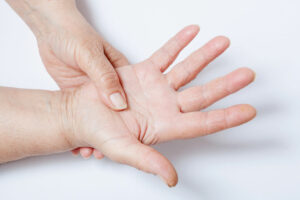Breathing is an essential function that occurs naturally and effortlessly. It is automatically monitored and regulated by the body and does not require constant intervention. However, many significant circulatory and metabolic functions depend on respiration. So, one must occasionally analyze how they breathe and look for irregularities. Experts have identified a few mistakes people make that affect their breathing and respiratory function. Individuals should avoid these breathing mistakes as far as possible.
Breathing through the mouth
It is common for people to inhale from their mouths without even realizing it. However, experts suggest breathing using the nasal passage. This passage has filters that clear out debris and allergens and humidify the air before it enters the lungs.
Getting anxious about breathing
Some people closely monitor every breath they take. Respiration is a process closely regulated by the body and requires no major intervention. Therefore, breathing should be monitored only when one experiences respiratory problems like shortness of breath or chest pain.
Not using the diaphragm
The best way to absorb oxygen is by using the diaphragm muscle located above the stomach. The American Lung Association recommends this technique as it creates negative pressure in the chest and enhances airflow. With training, it is possible to use the diaphragm for regular breathing.
Not exhaling properly
The body absorbs oxygen and also releases carbon dioxide. So, it is crucial to exhale just as properly to maintain balanced respiration. Balancing inhalation and exhalation is even more important while working out, jogging, running, or performing strenuous activities. Improper breathing can result in muscle spasms and cramps as the tissue expands and contracts.
Breathing with a poor posture
Poor posture affects the diaphragm and compresses the chest, affecting regular breathing function. One should never sit or stand for long periods in positions that limit the lungs’ range of motion. It is a mistake that can force a person to take shallow, rapid breaths, increasing the risk of respiratory problems.
Not maintaining a healthy lifestyle
Trying to control breathing forcefully when exposed to air pollution can have negative consequences. The better solution here is to avoid going outdoors on high-pollution days, wear a mask, use an air purifier at home, and follow a respiratory-friendly nutrition regime.

















